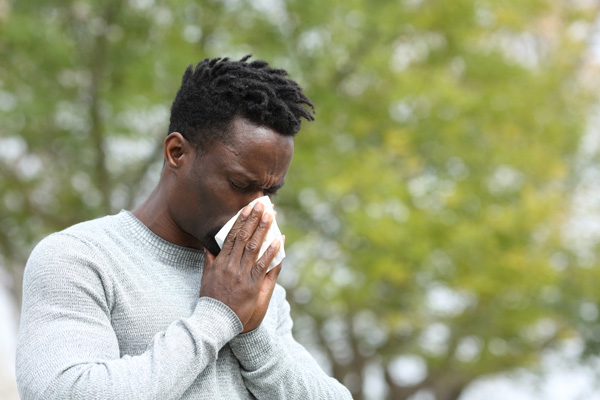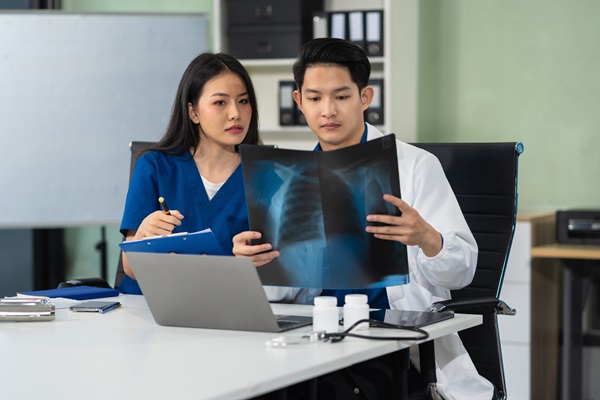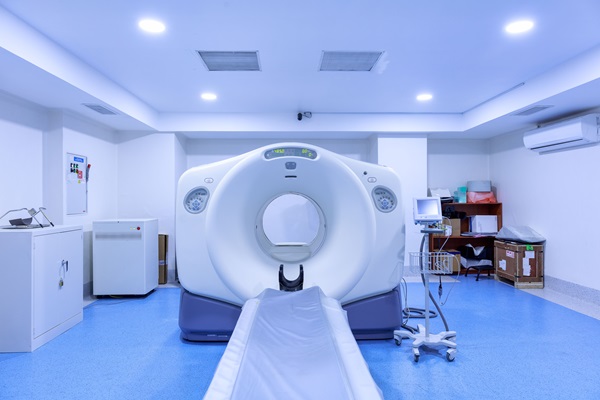7 Primary Care Tips for Seasonal Allergies

Dealing with seasonal allergies? Read on to learn some symptom-management tips from a primary care physician. Sneezing, a runny nose, and itchy eyes are some of the seasonal allergy symptoms. You can keep your allergies under control and still take pleasure in the change of the seasons if you follow a few simple primary care tips.
7 Tips for seasonal allergies from a primary care physician
An allergy is an immune system overreaction to a normally harmless substance in the environment. They are called allergies because they induce symptoms in some individuals but not others.
Allergies are most frequent in children and young adults, although they may appear at any time. Certain allergies have a hereditary component. Those with a family history of allergies are typically at risk for developing allergies themselves, but it is unclear what triggers the onset of an allergy in a given individual.
1. Recognize your triggers and avoid them
Understanding what sets off seasonal allergy symptoms is the first step in controlling them. Pollen, dust, mold, and animal dander are typical allergens that cause reactions. With testing, a primary care physician may determine the source of the patient's allergies and work with them to create an individual treatment plan.
Avoiding allergen triggers is one of the primary care tips for managing seasonal allergies. For those with a pollen allergy, it is best to remain indoors or at least wear a mask on days with a high pollen count. It is important to keep the house clean and free of stuffed animals and rugs if dust is a trigger.
Nothing beats relaxing with the windows open on a warm spring day — but even a small quantity of pollen might trigger an allergic response if the wind blows it inside. Keep the windows closed during high pollen seasons. Use an air conditioner instead of a fan if possible. Eliminating allergies may be as simple as using a vacuum cleaner or air purifier. Beddings should be washed in hot water to get rid of any allergens that have settled into them.
2. Get a HEPA air filter
Pollen is a common allergen, and despite one's best efforts to keep it out of the house, it often sneaks in anyhow. In addition, allergens like pet hair, dust, mold, and mildew may be found right at home. Using a high-efficiency particulate air (HEPA) filter can help mitigate allergens in the air inside your home.
3. Use medications
The symptoms of seasonal allergies are sometimes treatable with over-the-counter medications. Common allergy medications include antihistamines. These medications counter the body's natural histamine reaction to allergens. Decongestants can also help with nasal congestion. It is advisable to begin taking allergy medicine about two weeks before the onset of allergy season and symptoms. Then, maintain a consistent dosing schedule for the remainder of the season. It may take more time to feel better once the inflammation has begun.
Patients can talk to their primary care physician about prescription drugs if their seasonal allergy symptoms are severe. To alleviate the discomfort, they may recommend stronger antihistamines or nasal sprays. Those with severe allergies may also consider immunotherapy, which involves slowly introducing allergens to develop immunity progressively.
4. Try home remedies
For some patients, natural methods of allergy relief are preferable. Using a saltwater solution for nasal irrigation may help clear out allergies and reduce congestion. Herbal medicines like butterbur and stinging nettle have been shown to be effective for certain persons. It is difficult to determine the safety of natural remedies, so it is best to check with a doctor in order to prevent drug interactions or negative effects.
5. Consider modifying your diet
Adjusting one's diet may also help reduce seasonal allergy symptoms. Antioxidants and vitamins included in a diet high in fruits and vegetables may aid in lowering inflammation and bolstering the immune system. The omega-3 fatty acids in fish and nuts can help reduce inflammation, too.
6. Stay hydrated
One of the most basic primary care tips for seasonal allergies is to drink plenty of water. Drinking plenty of water can minimize mucus secretions and flush out allergens. Dehydration can amplify allergy symptoms, so avoiding it is another benefit.
7. Practice self-care
Reducing stress via the use of mind-body techniques may help alleviate allergy symptoms. Some people get relief from allergy symptoms by practicing relaxation techniques like yoga, meditation, or deep breathing.
Are you struggling with seasonal allergies?
Seasonal allergies are annoying, but there are specific primary care tips that can alleviate your symptoms. You can reduce allergy symptoms and improve your quality of life by properly identifying allergens, avoiding triggers, maintaining a clean environment, and using over-the-counter and prescription medications.
Get more information here: https://tx-urgentcare.com or call Texas Urgent Care & Imaging Center at (832) 941-1894
Check out what others are saying about our services on Yelp: Read our Yelp reviews.
Recent Posts
X-rays are popular tools medical professionals use to diagnose a wide range of health conditions quickly and safely. They allow these professionals to see inside the body without invasive procedures, making them invaluable in urgent and primary care settings. Whether identifying fractures, monitoring chronic conditions, or detecting abnormalities, X-rays are critical in ensuring timely and…
A CT scan, or computed tomography scan, is a diagnostic tool that provides detailed images of the body’s internal structures. This non-invasive procedure helps medical professionals diagnose and monitor various conditions, from injuries to chronic illnesses. Knowing what to expect during a CT scan can ease concerns and prepare patients for a smooth experience.A CT…
If you work in public transportation, you may need to have a DOT drug screening. The Department of Transportation (DOT) regulates this test and requires it for you. You might be wondering what this test is like. Keep reading to learn more.Congress passed the Omnibus Transportation Employee Testing Act in 1991. Congress knew that the…
Walk-in clinic provide convenient, accessible health care for non-emergency medical needs, making it an ideal choice when immediate attention is necessary. Understanding when to visit a clinic can help patients save time, avoid unnecessary trips to the emergency room, and receive quality care for their health concerns. These clinics handle various issues, offering fast, professional…


